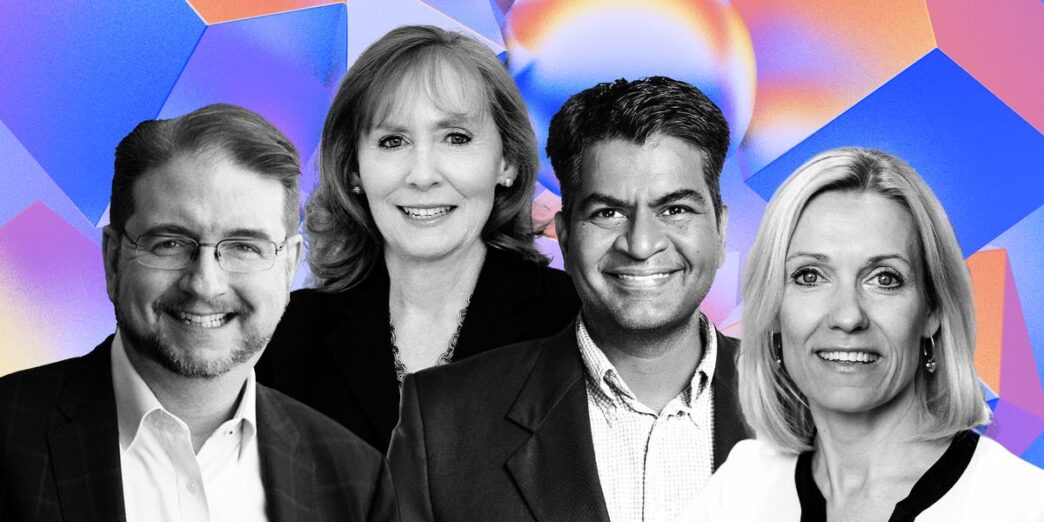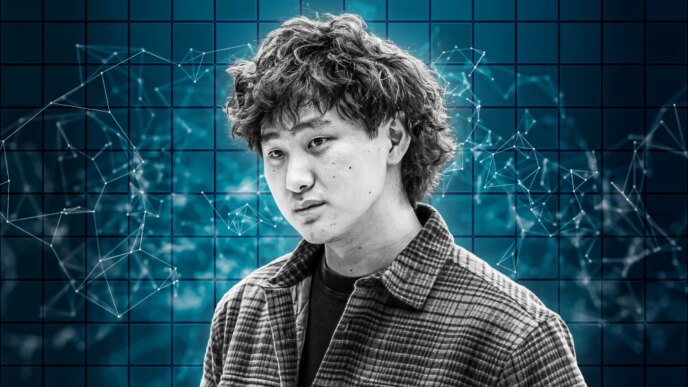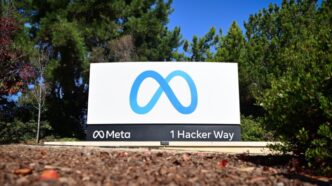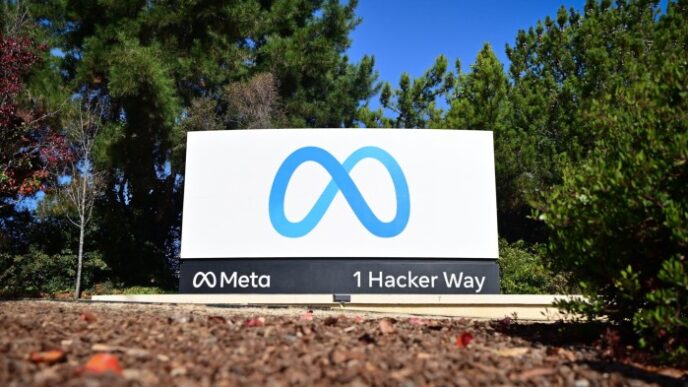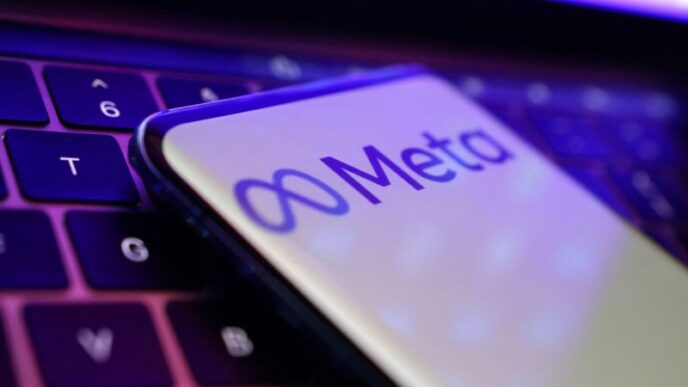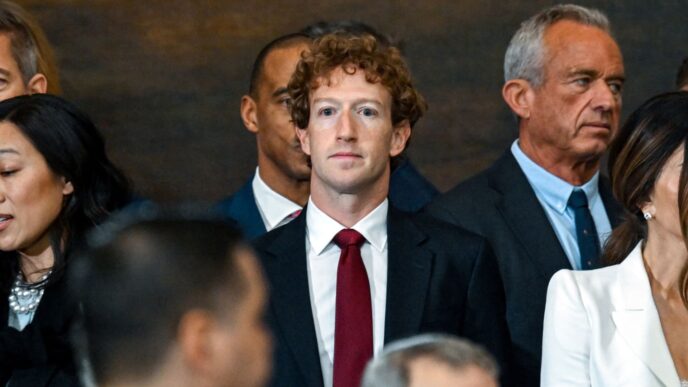JPMorgan Chase, PwC, UPS, Walmart, BMW, Mastercard, and others are turbocharging AI adoption in 2024.
JPMorgan Chase’s Teresa Heitsenrether rolled out the LLM Suite, an AI platform giving 220,000 employees fast access to internal data summaries. The bank tracks AI projects from start to finish, focusing on cost savings, revenue, and risk reduction. Training mixes in-person and online to build smart AI use.
"LLM Suite’s widespread adoption is driving a cultural transformation across the bank,"
Teresa Heitsenrether stated.
PwC’s Joe Atkinson deployed an AI chatbot to 270,000 employees, helping with reporting and project delivery. He also launched Code Intelligence for modernizing code, and Agent OS for workflow automation. PwC’s AI Academy trained 90% of staff in prompt design and responsible AI use.
"We’re seeing a ton of growth and capability from our people,"
Joe Atkinson said."Virtually every function at PwC is expected to be AI-powered in the near future."
UPS is automating customer responses with Message Response Automation, cutting agent workload. EVP Bala Subramanian is also pushing AI-powered pick-and-place systems and autonomous vehicles in shipments. UPS is in talks with robotics startup Figure AI for humanoid robots to sort parcels. A decade-long NTT Data deal will modernize UPS data centers.
Mastercard CTO Johan Gerber uses AI tools like Decision Intelligence and Safety Net to boost fraud detection. His team combines generative AI with traditional methods and runs new models in “silent scoring” mode to test before launch.
"We have to ensure that AI solutions have fairness, transparency, and accountability embedded from the start,"
Arnab Chakraborty, Accenture’s Chief Responsible AI Officer, also stated, highlighting the importance of governance.
Walmart’s Suresh Kumar launched "My Assistant," a generative AI tool for 50,000 corporate users. Walmart is developing proprietary LLMs like "Wallaby" for customer service and testing autonomous shopping agents.
BMW’s Marco Görgmaier drives generative AI across production and marketing. BMW built the AI Assistant for no-code app creation. He stressed starting AI projects with clear business goals and centralizing data platforms for compliance and speed.
S&P Global’s Bhavesh Dayalji launched internal AI chatbots like Spark Assist for 40,000 employees to draft reports and analyze financial data. Training is mandatory to boost AI fluency, aiming for hands-on, transformative use.
IKEA’s Ulrika Biesèrt rolled out AI literacy programs training 4,000 employees with a goal of 30,000. The internal AI assistant, Hej Copilot, aids tasks like presentations and brainstorming. Senior leaders also underwent training to handle AI change effectively.
Accenture committed $3 billion over 3 years to expand AI talent and solutions. Chakraborty leads a $700 million push with Telstra focused on AI-powered defect detection and customer service, including real-time AI compliance monitoring.
Salesforce’s Boris Gamazaychikov heads AI sustainability efforts. The company’s xGen models target CRM tasks with lower emissions. Salesforce also launched AI tools for customers’ climate goals, including sustainability measurement and nature accelerators.
The corporate AI surge is accelerating fast — more firms are investing billions, training thousands, and embedding AI into all functions. Risks remain, but the race is clearly on.

